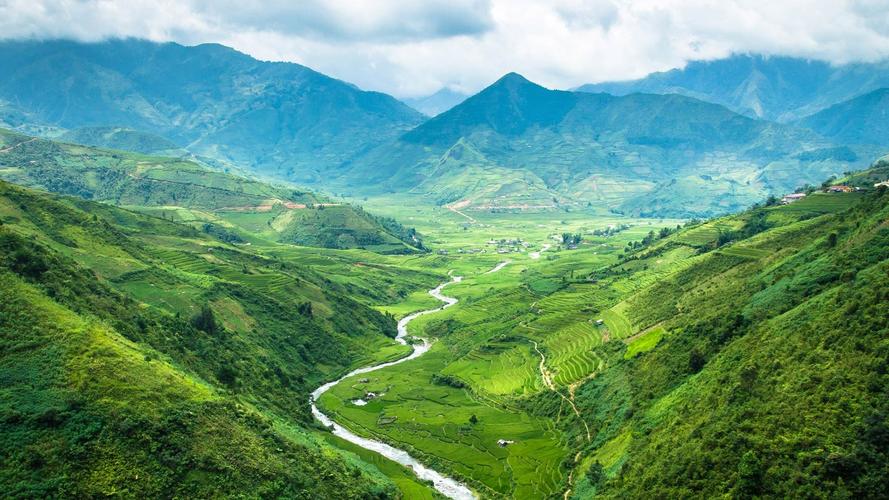The world is a vibrant and diverse place, and nowhere is this more apparent than in the numerous traditional customs and cultural practices that exist around the globe. From the colorful festivals of India to the intricate textiles of Africa, traditional customs are an essential part of our world’s heritage, and they serve as a reminder of the rich history that shapes our present.
At their core, traditional customs offer insights into the beliefs, values, and practices of a particular culture. For example, in Japan, the tea ceremony is a time-honored tradition that has been passed down through generations. This ritualistic event, which involves the careful preparation and presentation of green tea, serves as a means of forging connections between participants and cultivating mindfulness.
Similarly, in the Philippines, the Bayanihan spirit is celebrated through the practice of communal labor. This tradition involves community members coming together to help a neighbor move their house or repair their roof, demonstrating the importance of mutual aid and cooperation in society.
Traditional customs can also provide a sense of continuity, as they offer a way to connect with our ancestors and their practices. This is especially true for Indigenous cultures, where traditional customs and practices are seen as integral to their identity and survival.
For instance, the Inuit of Canada have a deep connection to their ancestral traditions, such as hunting and fishing, which have been passed down through generations for thousands of years. These customs not only provide a sense of belonging and identity for the Inuit but also serve as a means of sustaining their way of life and preserving the environment that sustains them.
Moreover, traditional customs offer numerous benefits beyond cultural significance, such as economic growth and tourism. For example, the colorful and vibrant festivals of Brazil, such as Carnaval, attract millions of visitors each year, bringing in vital revenue and boosting the local economy.
However, despite the many benefits of traditional customs, there are also challenges to their preservation and accessibility. Many traditional practices are at risk of being lost as younger generations are increasingly drawn to modern lifestyles and values. Moreover, the commercialization of traditional practices can lead to cultural appropriation and a loss of authenticity.
In conclusion, traditional customs play a vital role in shaping our world’s cultural heritage, providing insights into the beliefs, practices, and values of different societies. As we strive towards a more inclusive and diverse world, it is essential to preserve and celebrate these traditions, not only for their cultural significance but also for the benefits they bring to society as a whole.
(Note: Do you have knowledge or insights to share? Unlock new opportunities and expand your reach by joining our authors team. Click Registration to join us and share your expertise with our readers.)
Speech tips:
Please note that any statements involving politics will not be approved.
